NFL's Best Backup Quarterbacks
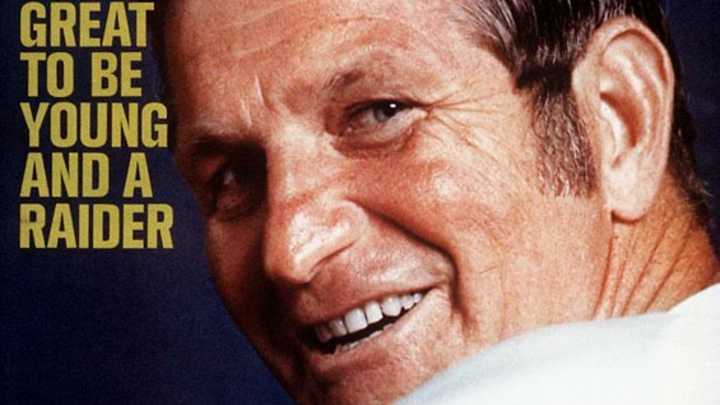
NFL's Best Backup Quarterbacks
George Blanda

When you're an NFL backup, it's not just about having the ability to play in the NFL, it's admitting that you're not as good as the starter. Few can pull it off, but those who do carve out nice careers, earn big paydays and maybe even have a moment or two in the sun. Herewith are the greatest-ever NFL backup quarterbacks, beginning with the late George Blanda. He had his AFL glory days with the Houston Oilers as a featured and popular starter, but his 26-year professional career that spanned four decades was spent mostly as a reliable backup quarterback. In 1970, when the Raiders desperately needed help with Daryle Lamonica injured, Blanda went 4-1 as a starter, leading his team to dramatic wins nearly every week. Blanda spent the final nine years of his career as a kicker, but occasionally still was called on as a quarterback, tossing 27 touchdowns in his 40s.
Earl Morrall
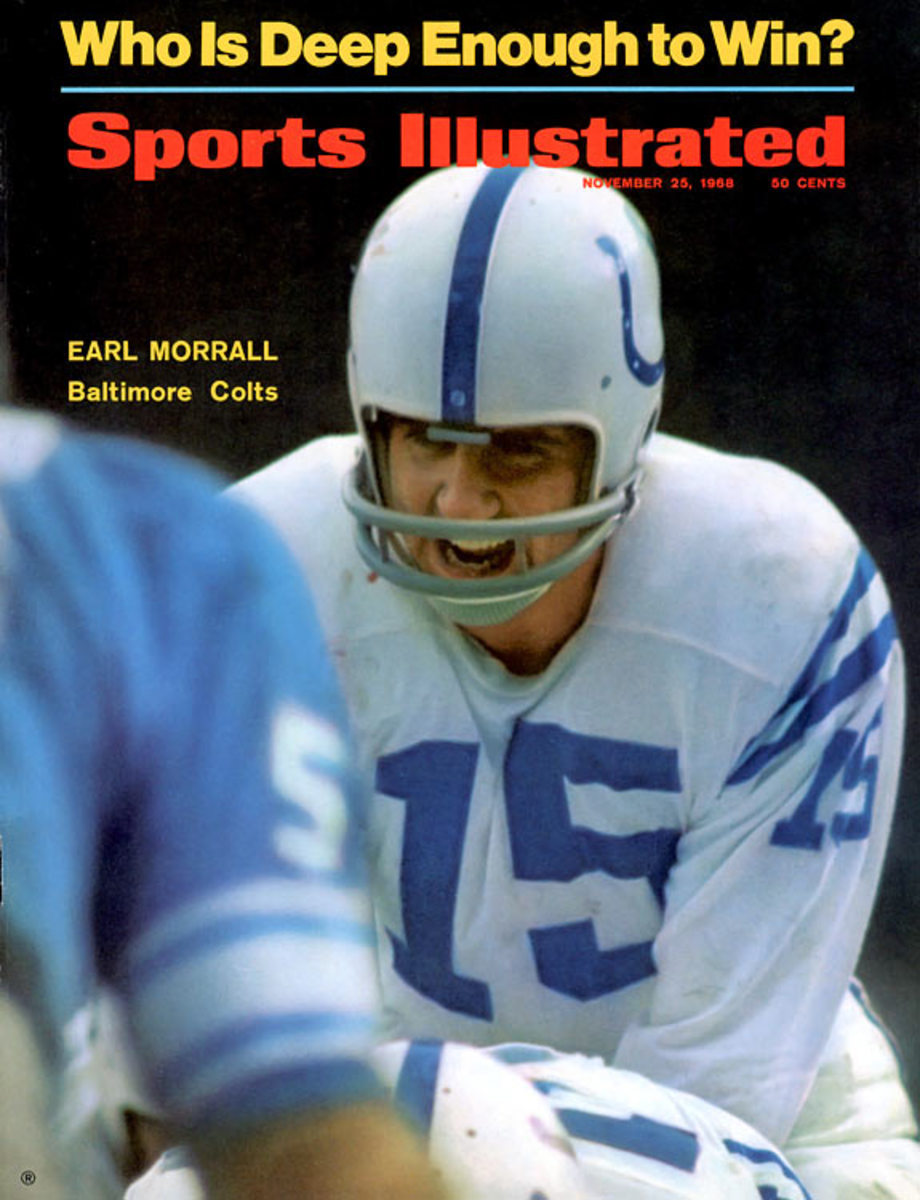
Earl Morrall began his career in 1956, backing up Y.A. Tittle. He ended it at 42 in 1976, backing up Bob Griese. In between, he came up huge in the Baltimore Colts' run to Super Bowl III. He later helped the Dolphins significantly on their way to the only perfect season in NFL history, in 1972, and another Super Bowl title. Morrall played 21 seasons in the NFL, but started more than five games in a season just seven times.
Don Strock
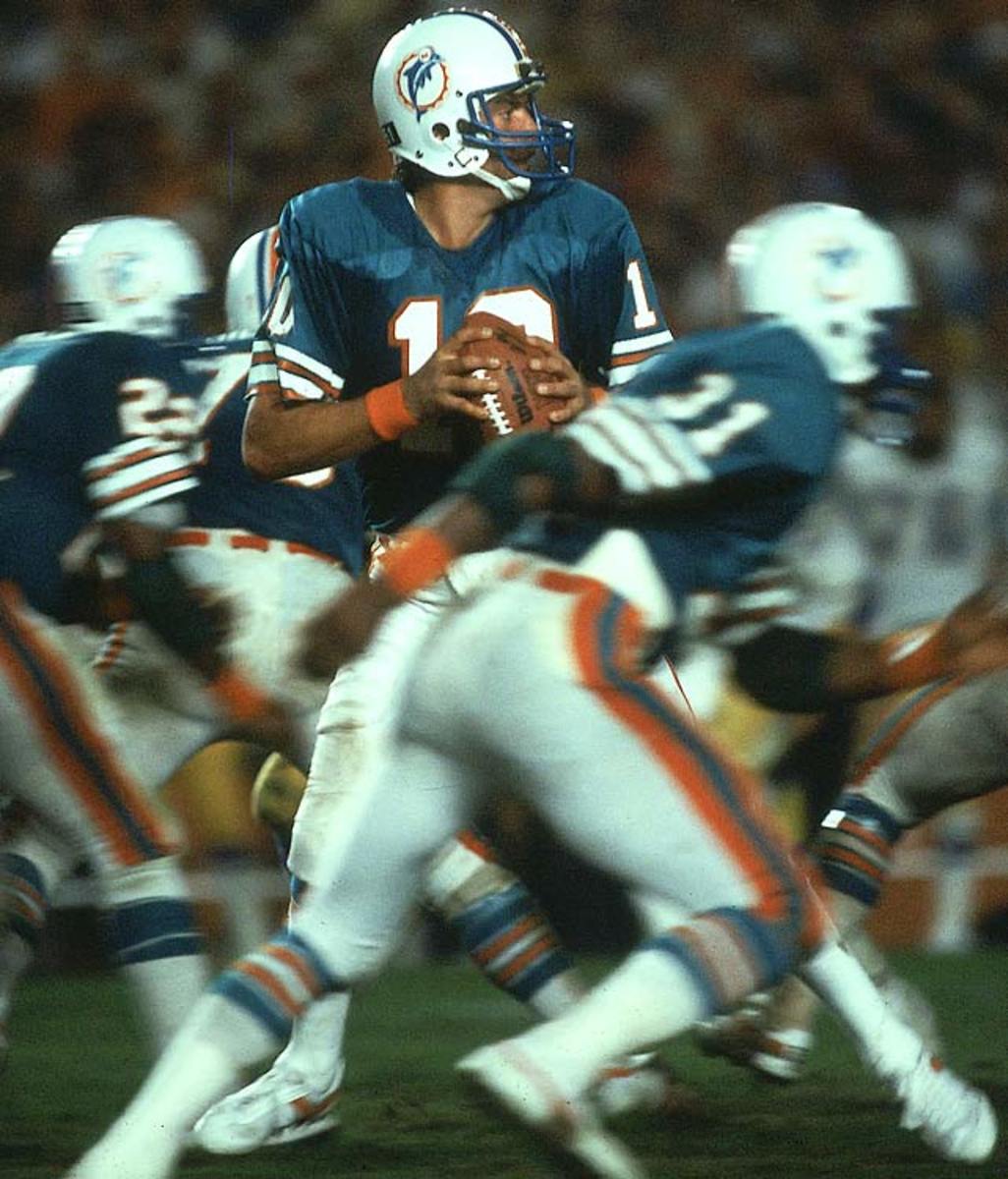
Want to compare and contrast the greatness of Bob Griese and Dan Marino? Strock could do it for you. He backed up both of them. Over a 15-year NFL career, Strock also backed up David Woodley in the famed "WoodStrock" era. He ended his career backing up a young Bernie Kosar in Cleveland. For his career, Strock always could be counted upon to step in when needed, throwing for 45 TDs in a backup role that saw him start more than four games just once over a 15-year career
Steve Bono
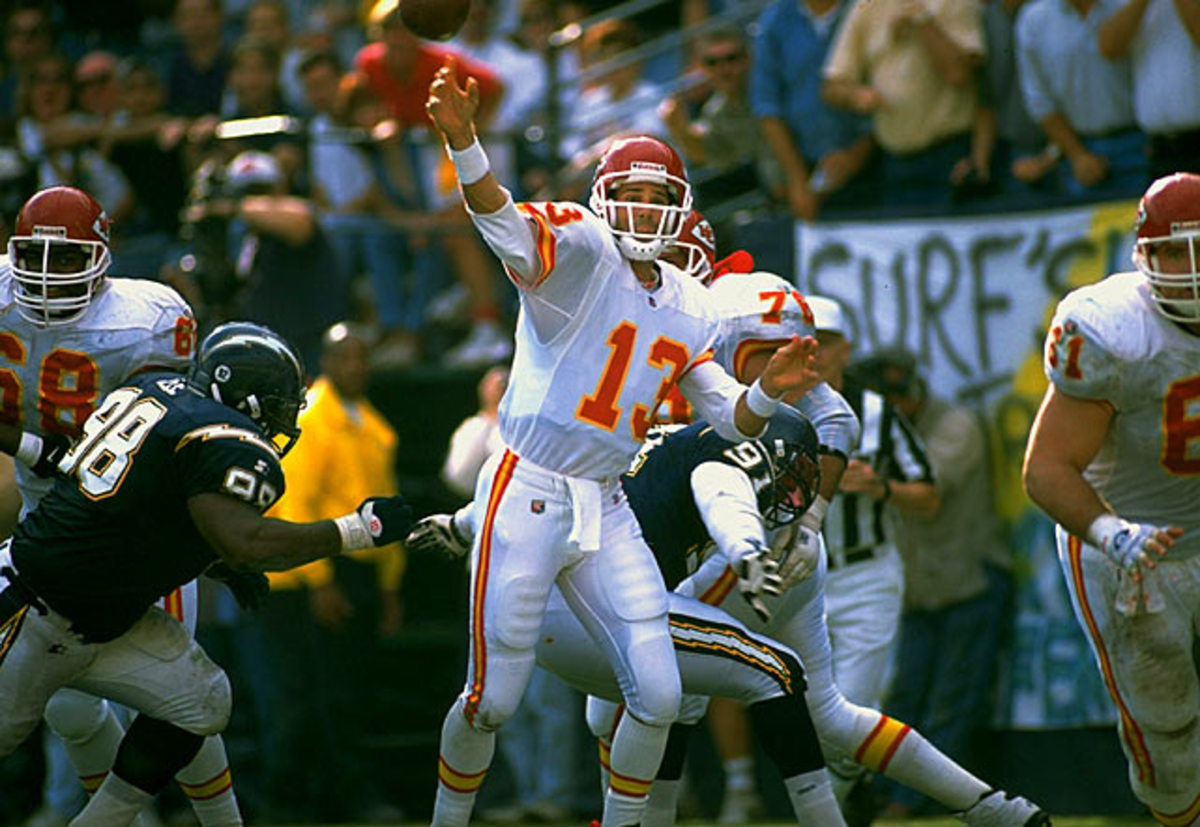
The tough luck kid? Put it this way. The primary quarterbacks Bono backed up over a 14-year NFL career threw for a combined 234,346 yards -- and counting. Yeah, he had his time as a starter, but mostly Bono backed up some real gunslingers: Tommy Kramer, Mark Malone, Joe Montana (both in San Francisco and Kansas City), Steve Young, Brett Favre, Kurt Warner and Steve Beuerlein.
Todd Collins
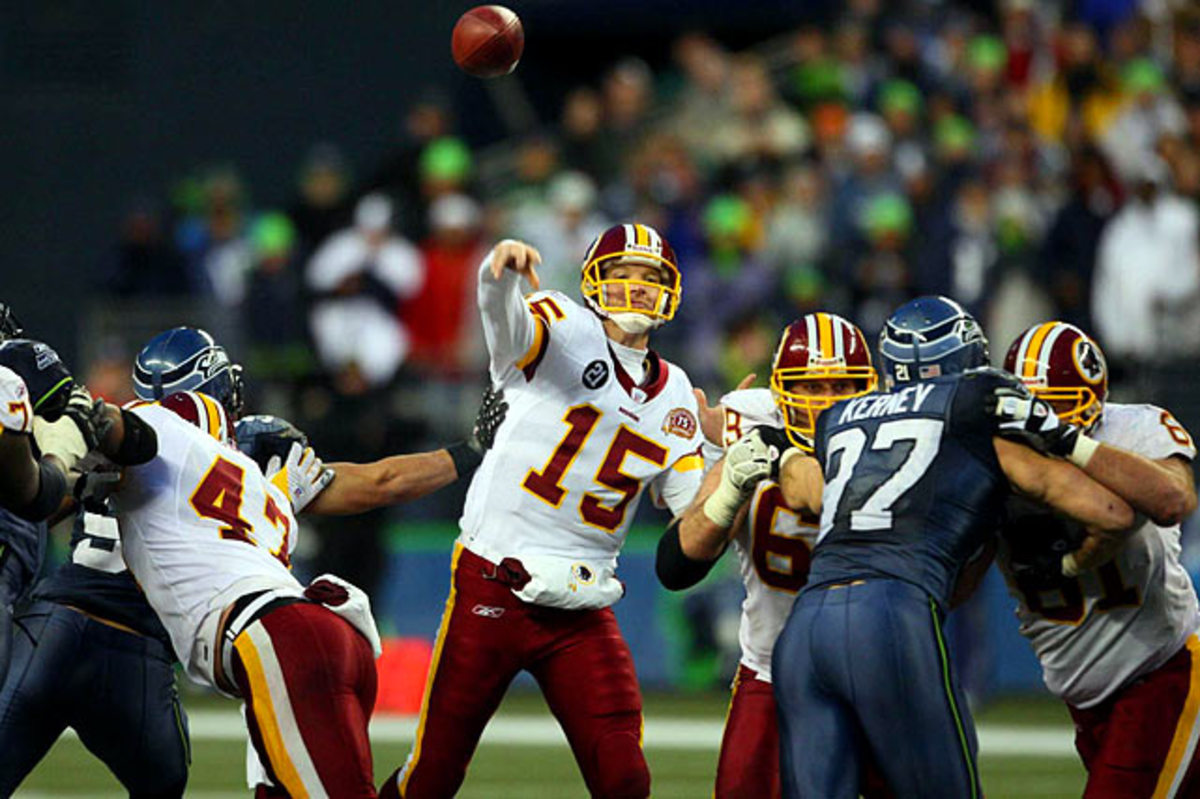
He came into the league backing up Jim Kelly in Buffalo and will go out backing up Jay Cutler in Chicago. All he's ever done is exactly what was asked of him. In 2007, after going a remarkable 10 years without starting a single game in the NFL, Collins guided the Redskins to three consecutive wins, including two on the road, and a playoff berth in place of injured Jason Campbell.
Matt Cavanaugh
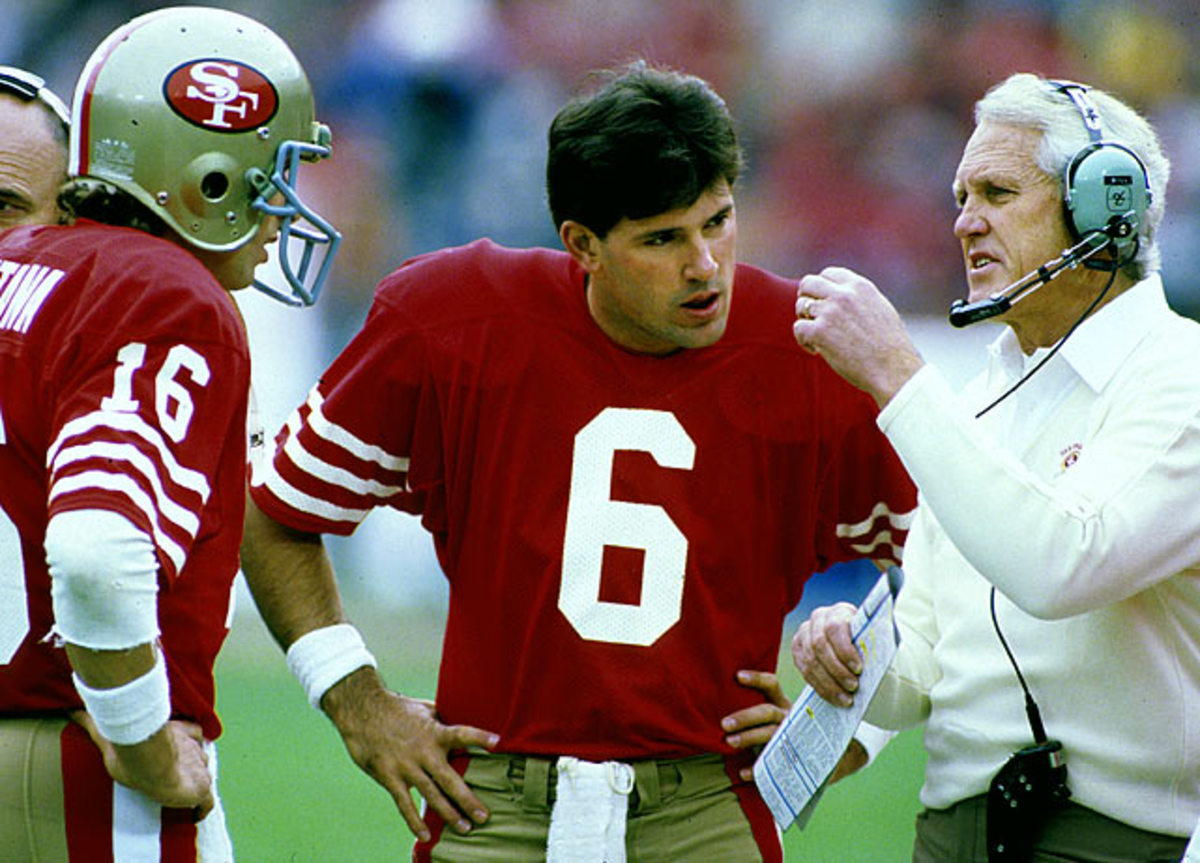
He backed up Steve Grogan, Joe Montana, Randall Cunningham and Phil Simms and started just 19 games over a 13-year NFL career. Sure, you might have chuckled watching Hard Knocks when Cavanaugh lectured Mark Sanchez about knowing what it took to be a "starting" quarterback in the league, but the guy was reliable, efficient and a pro. He also won a pair of Super Bowl rings in 1984 (49ers) and 1990 (Giants).
Steve DeBerg
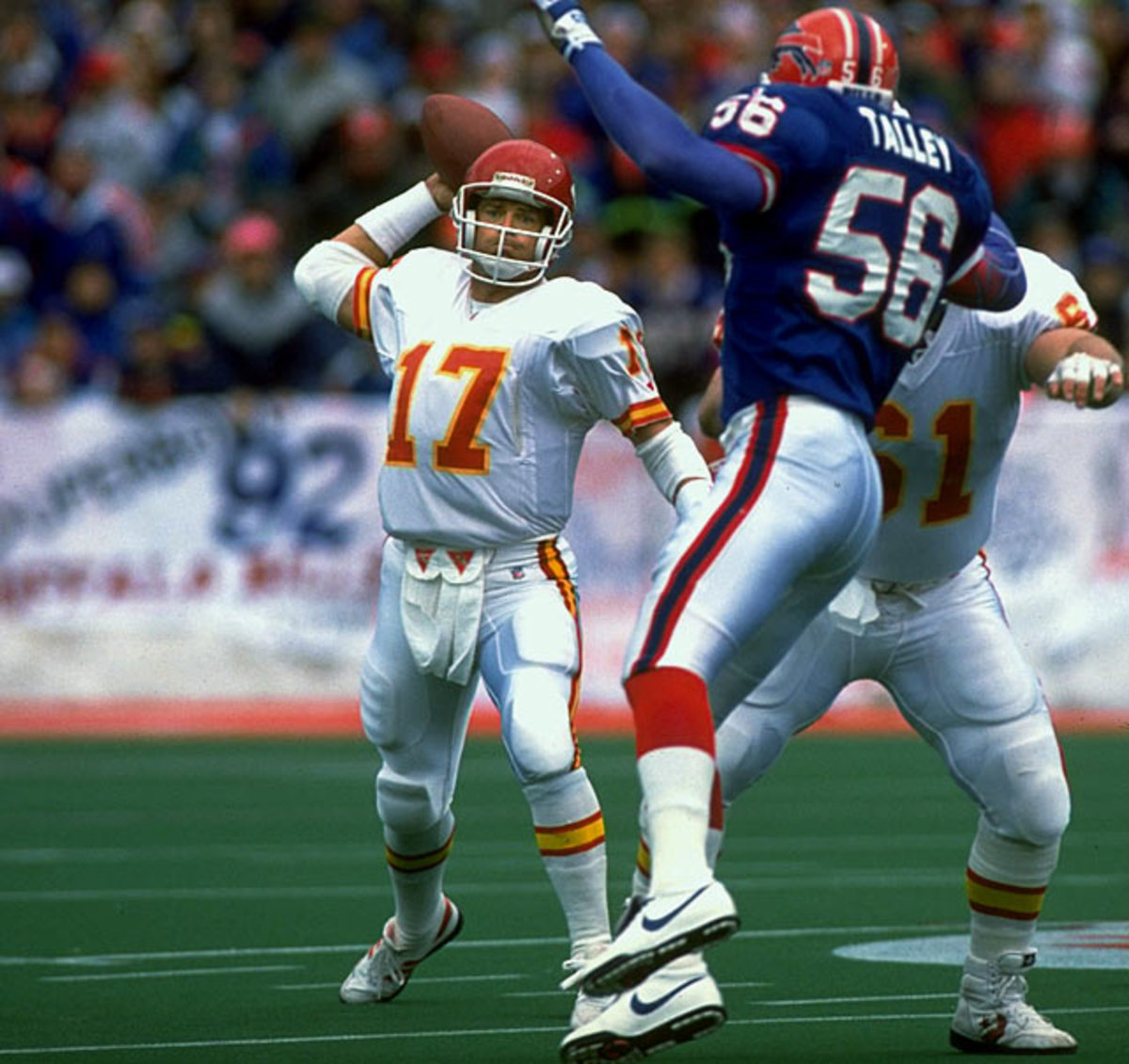
It's true that almost is only good enough in horseshoes, hand grenades and Steve DeBerg. He was almost the featured starter in San Francisco. Then along came Joe Montana. He was almost the man in Denver. Then along came John Elway. And eventually he was replaced by Steve Young in Tampa Bay and Dave Krieg in Kansas City. But the guy could play and was on the Super Bowl roster with the Falcons at age 44.
Jeff Hostetler
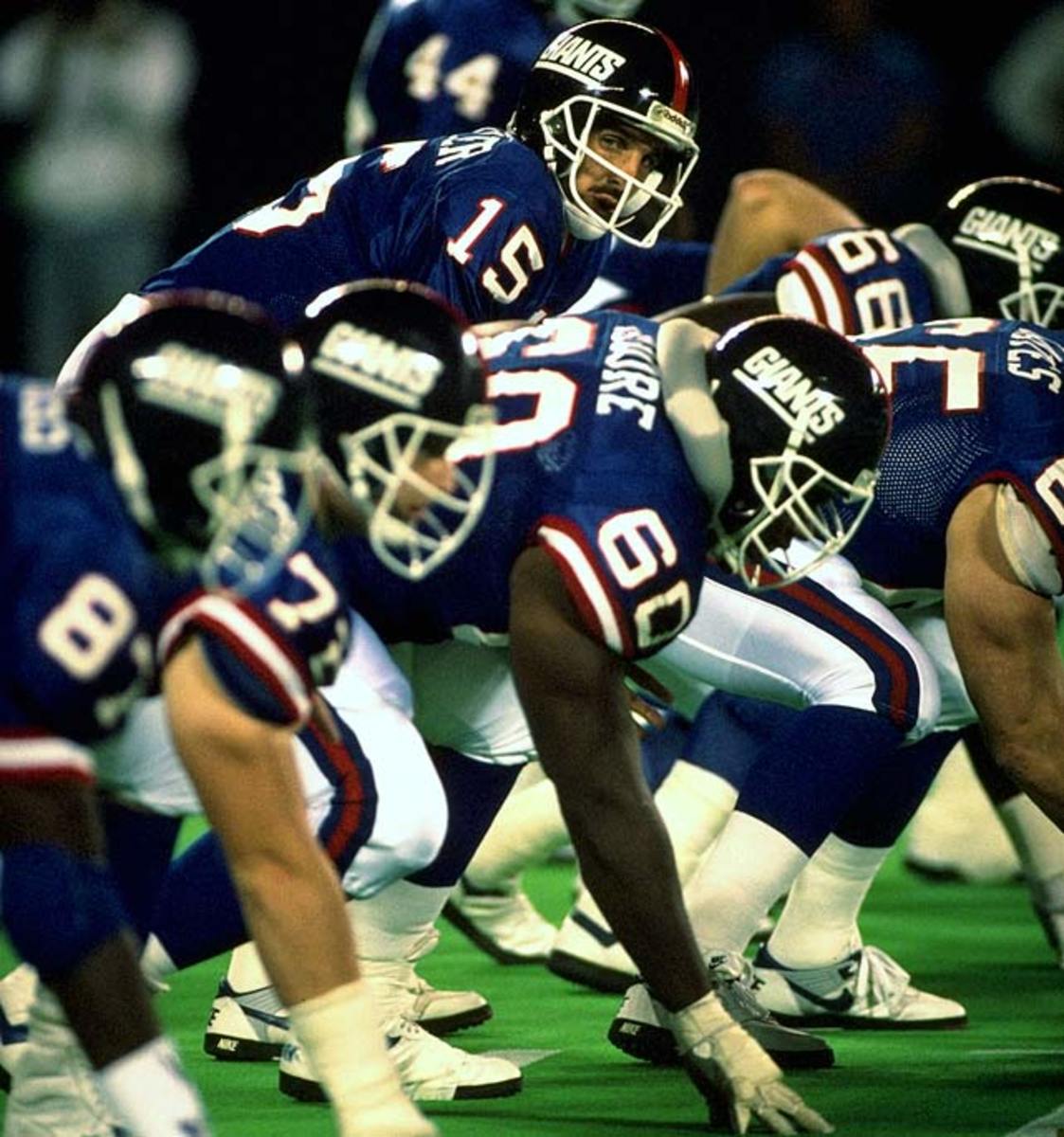
Was Hostetler a starter trapped in a backup's body, or vice versa. It certainly could be argued. But despite a four-year run as a starter for the Raiders in the 1990s, Hostetler's 12-year career is defined by the things he did coming off the bench. Specifically, after rarely seeing the field for five seasons behind the Giants' Phil Simms, Hostetler helped the Giants finish off a 13-3 season coming off the bench in 1990, and efficiently guided the Giants to the Super Bowl title.
Frank Reich
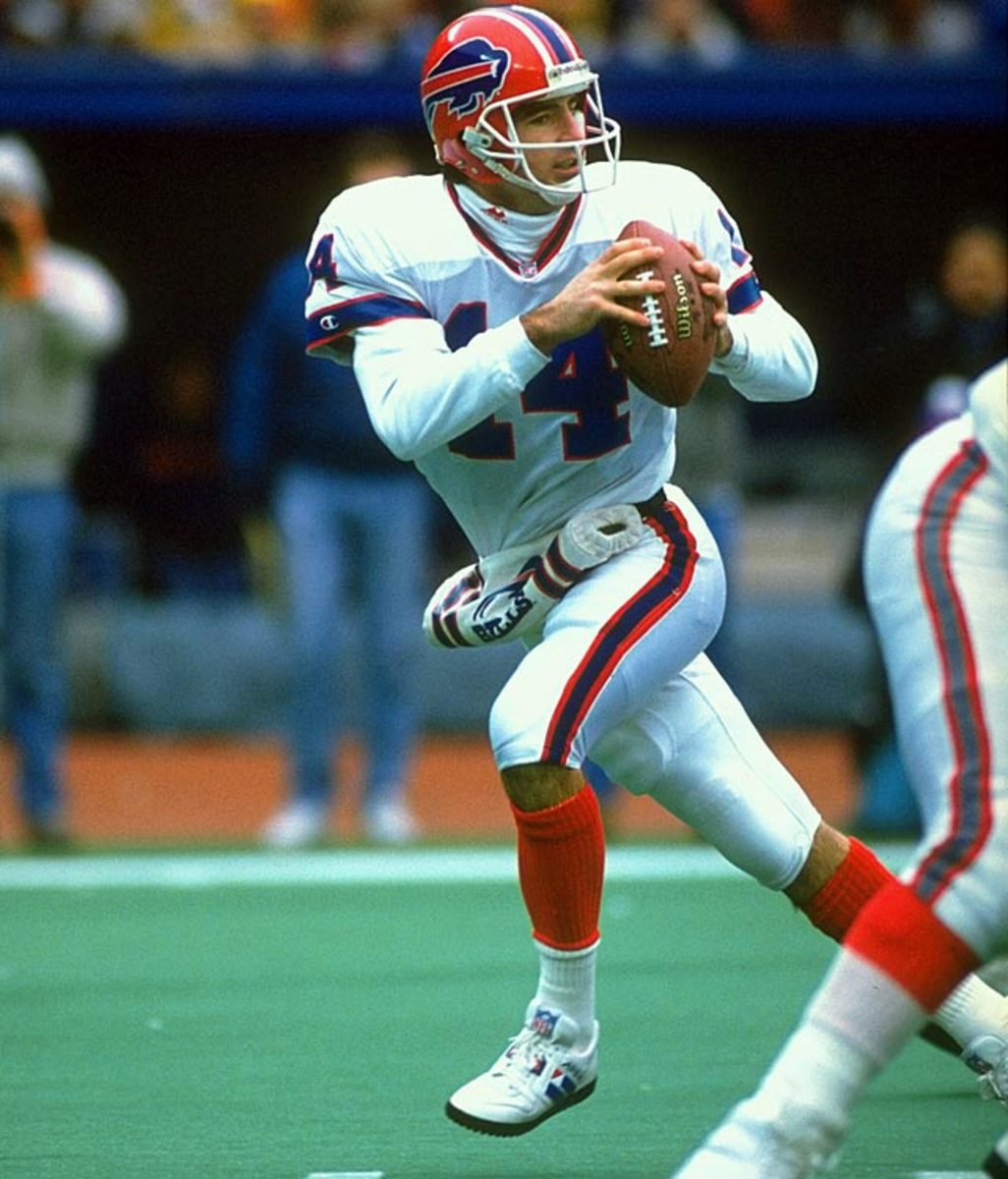
Over a 13-year NFL career, Reich started more than three games in a season just once. He ultimately played for the Bills, Jets, Panthers and Lions. He totaled just 20 starts. But Reich became one of the more recognizable names in the league, thanks to an epic performance in a playoff start against the Oilers, bringing his team back from a 32-point deficit to win 41-38 in 1993.
Cliff Stoudt
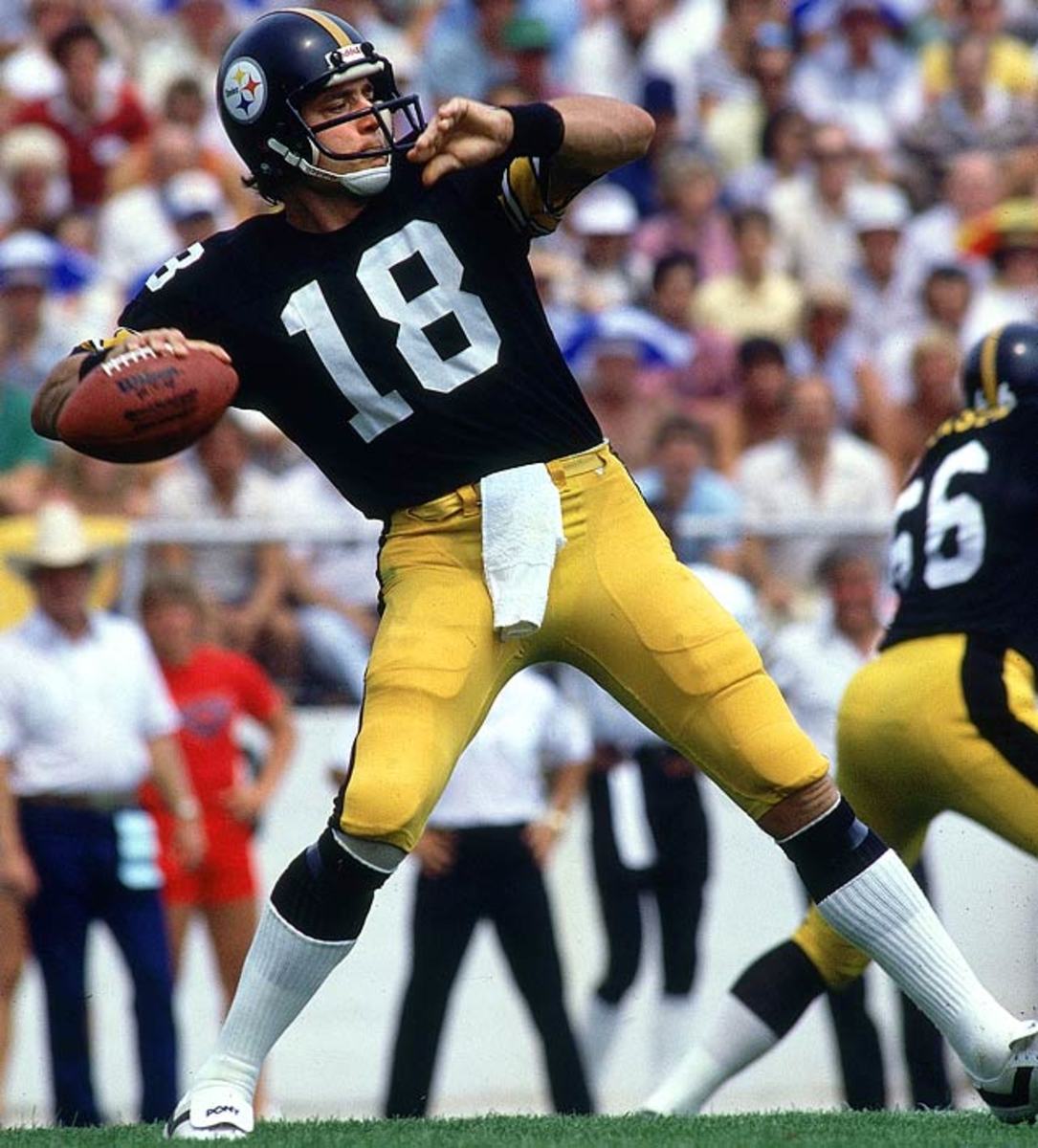
The adage about the backup quarterback being the most popular player on the team -- that is, until he plays -- probably was started in Pittsburgh. Stoudt was a popular, handsome backup to Terry Bradshaw out of Youngstown State who did everything the Steelers asked from 1977 to 1983. When he replaced Bradshaw in '83, the team collapsed in the playoffs. After he bolted to the USFL and returned with the Birmingham Stallions, fans pelted him with snowballs on his return to Pittsburgh.
Ty Detmer
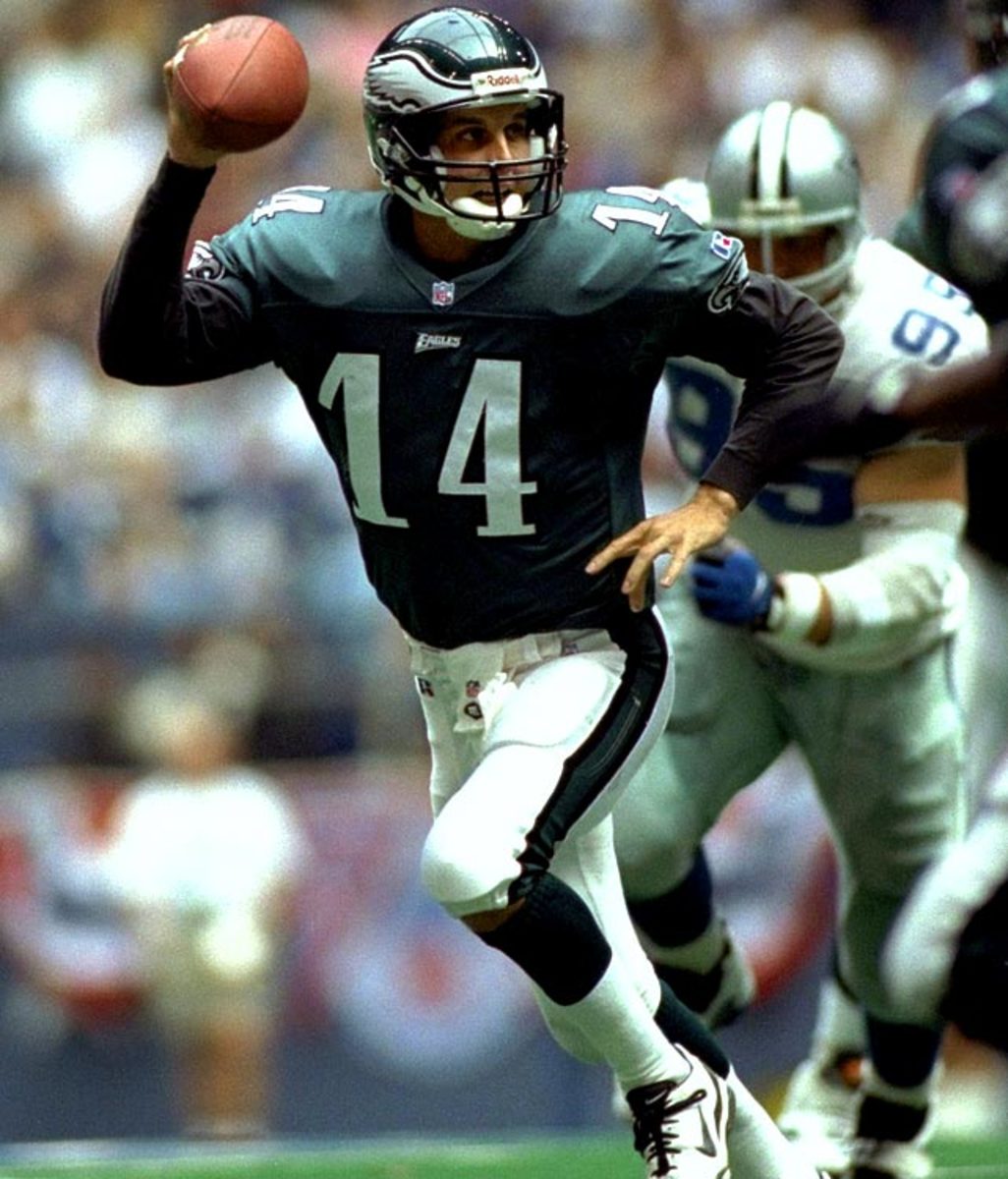
As a collegian, Detmer put together some of the most memorable moments in history. Once he arrived to the NFL, Detmer put on a ball cap and took his place on the bench. He became equally adept at backing up some of the all-time greats -- Brett Favre in Green Bay and Steve Young in San Francisco -- and the pedestrian starters like Tim Couch in Cleveland and Charlie Batch in Detroit.
Doug Flutie
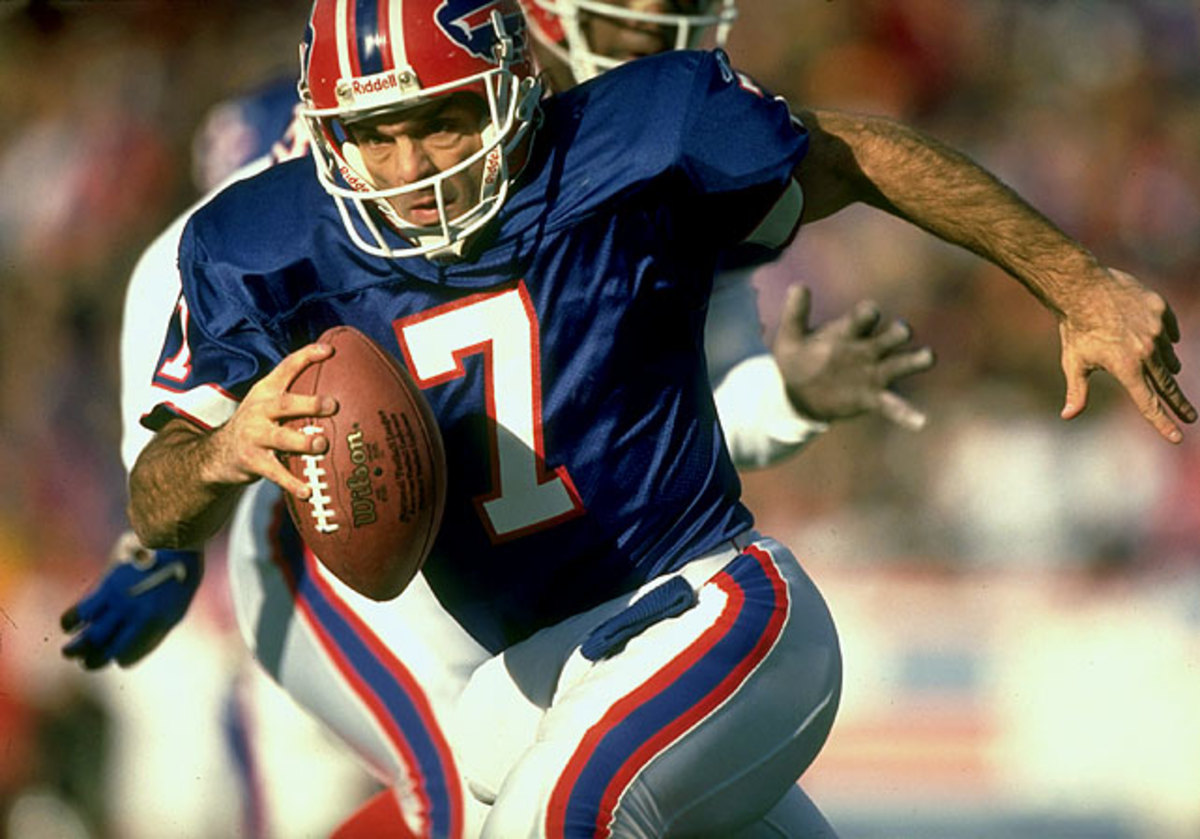
He may have been a popular local legend when he wound up with the Pats early in his career. He may have been a superstar in Canada. He may have had a nice four-year stretch as a beloved Bills starter late in his career. But despite his flair and popularity, with the big boys in the NFL Flutie was a reliable backup who churned out decent numbers when called upon.
Gary Kubiak
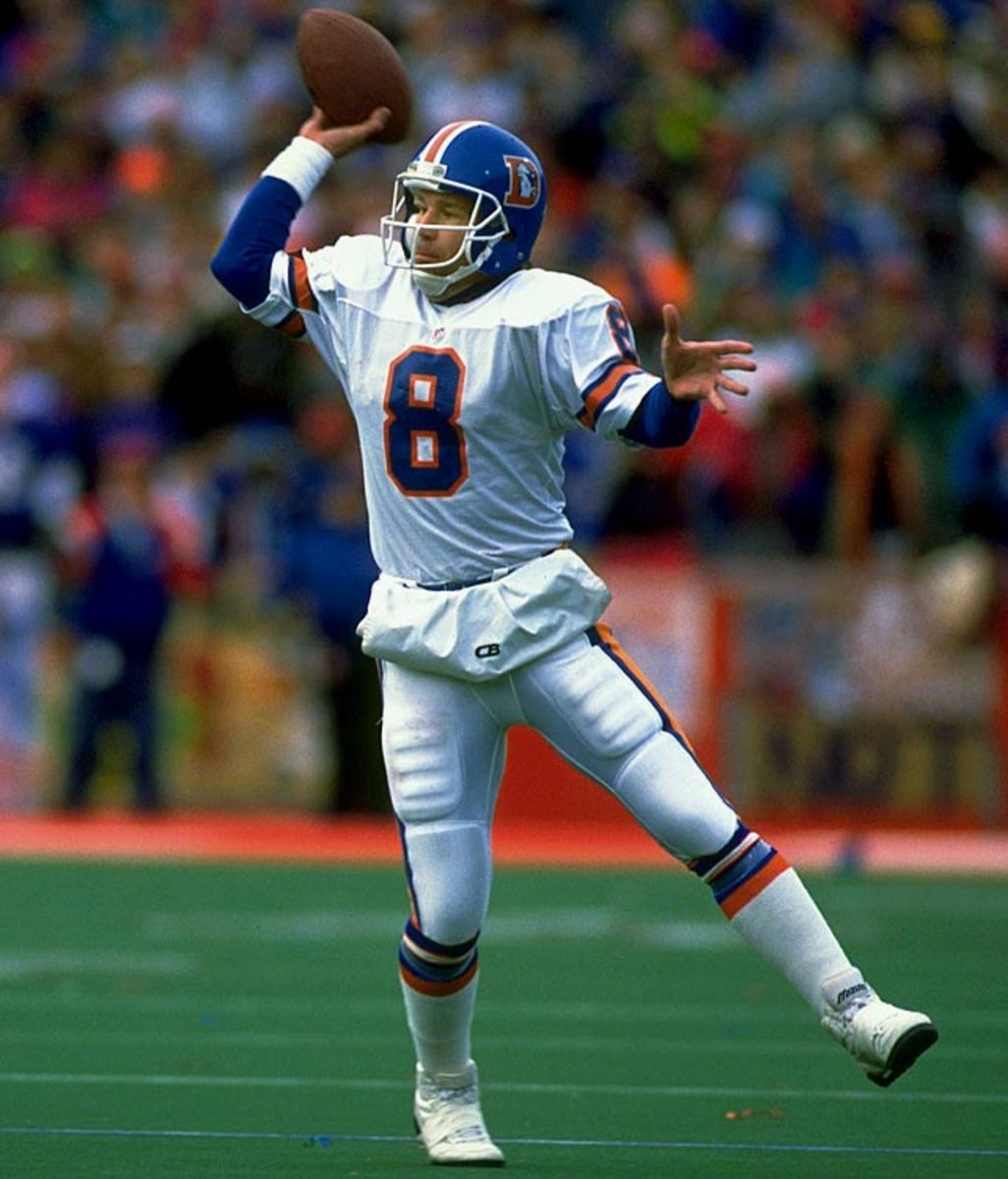
He was the epitome of the backup quarterback. Kubiak played nine NFL seasons and earned a total of five starts. Every year, it seemed, Kubiak was just one snap away from stepping in for John Elway. But every year, Elway kept on going. Kubiak's finest moment, in fact, may have come in his final game. Forced to step in for an injured Elway in the 1991 AFC Championship Game at frigid Rich Stadium in Buffalo, Kubiak completed 11 of 12 passes to bring the Broncos back from a 10-0 deficit, scoring on a three-yard run, before the Broncos fell short.
Steve Fuller
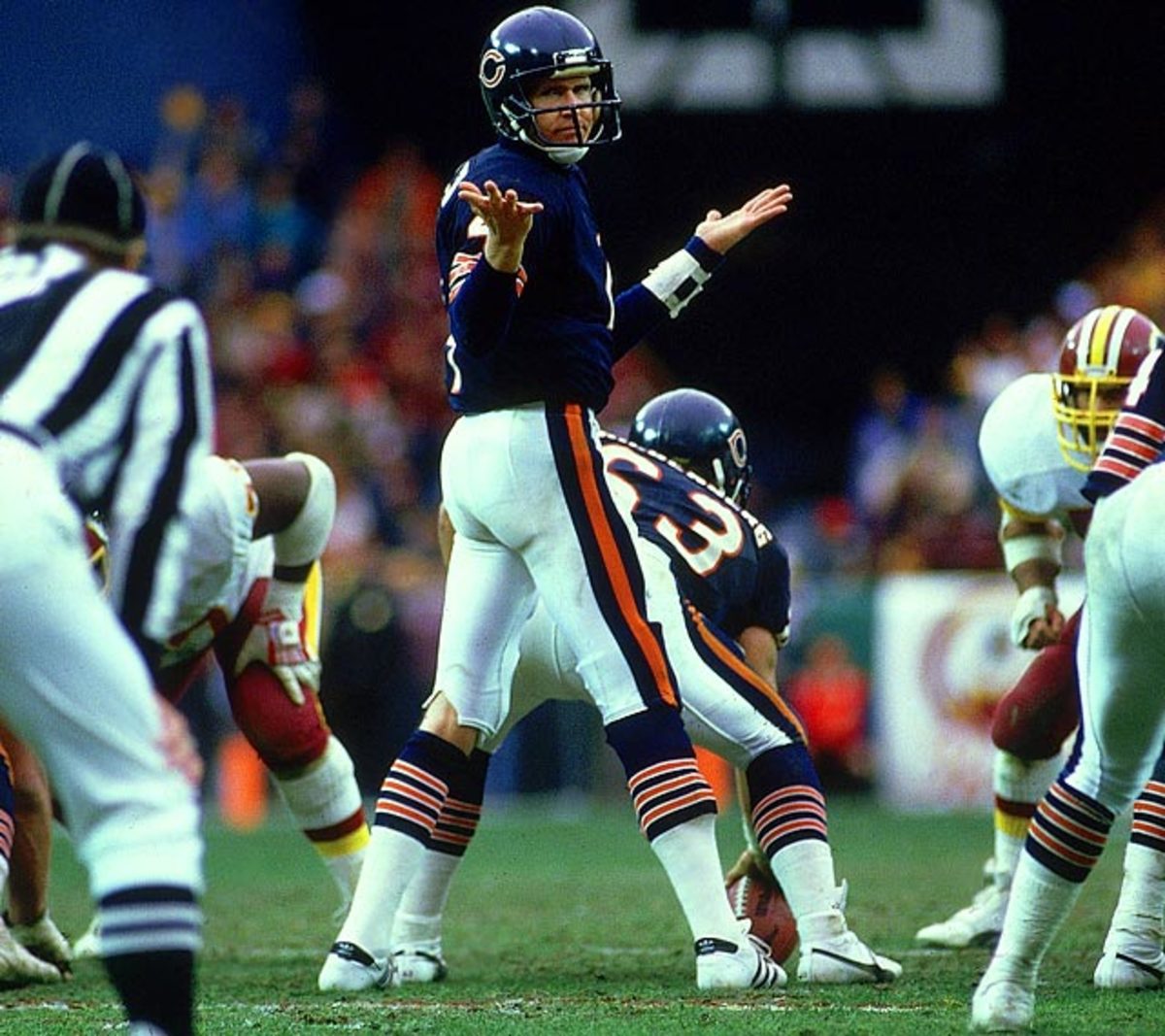
Drafted No. 23 overall by the Chiefs, Fuller was thrown into the starting lineup and in two seasons threw 16 TDs and 26 interceptions. He settled into a backup role after that and it fit him well, including three years of backing up Jim McMahon for the Chicago Bears. Forced into action as the starter in the Bears' Super Bowl season of 1985, Fuller went 4-1 as a starter -- his only loss a memorable 38-24 Monday nighter to the Dolphins.
Gifford Nielsen
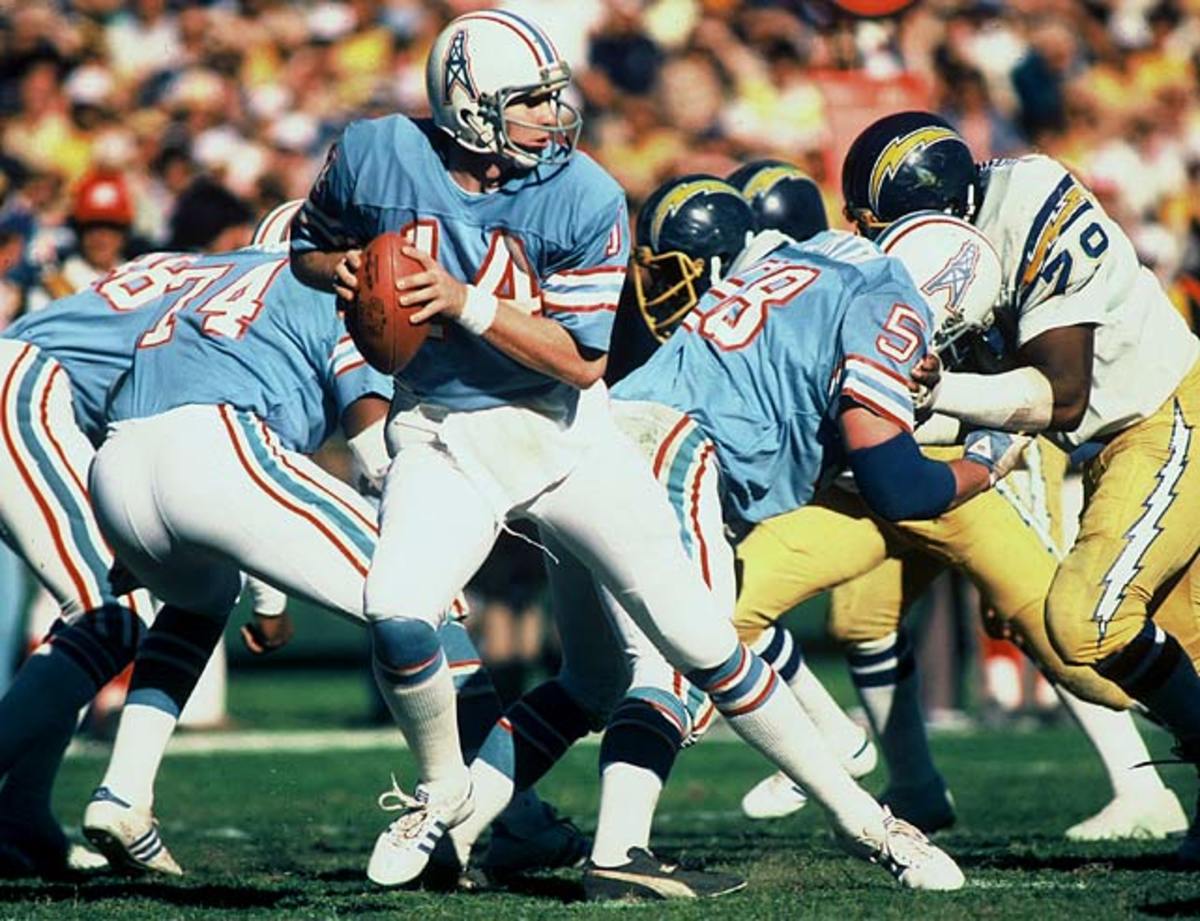
His run in the NFL was a brief one -- just six NFL seasons. But Nielsen always knew his role, never complained and when pressed into duty and orchestrated the greatest win in Houston's NFL history. Neither Dan Pastorini, nor Kenny Stabler, nor Warren Moon, nor Steve McNair, nor Matt Schaub provided the signature win. It was Nielsen, stepping in for the injured Pastorini at San Diego in 1979, who led the Earl Campbell-less Oilers to a remarkable 17-14 playoff win over the Chargers. In six NFL seasons, Nielsen started just 14 games.
